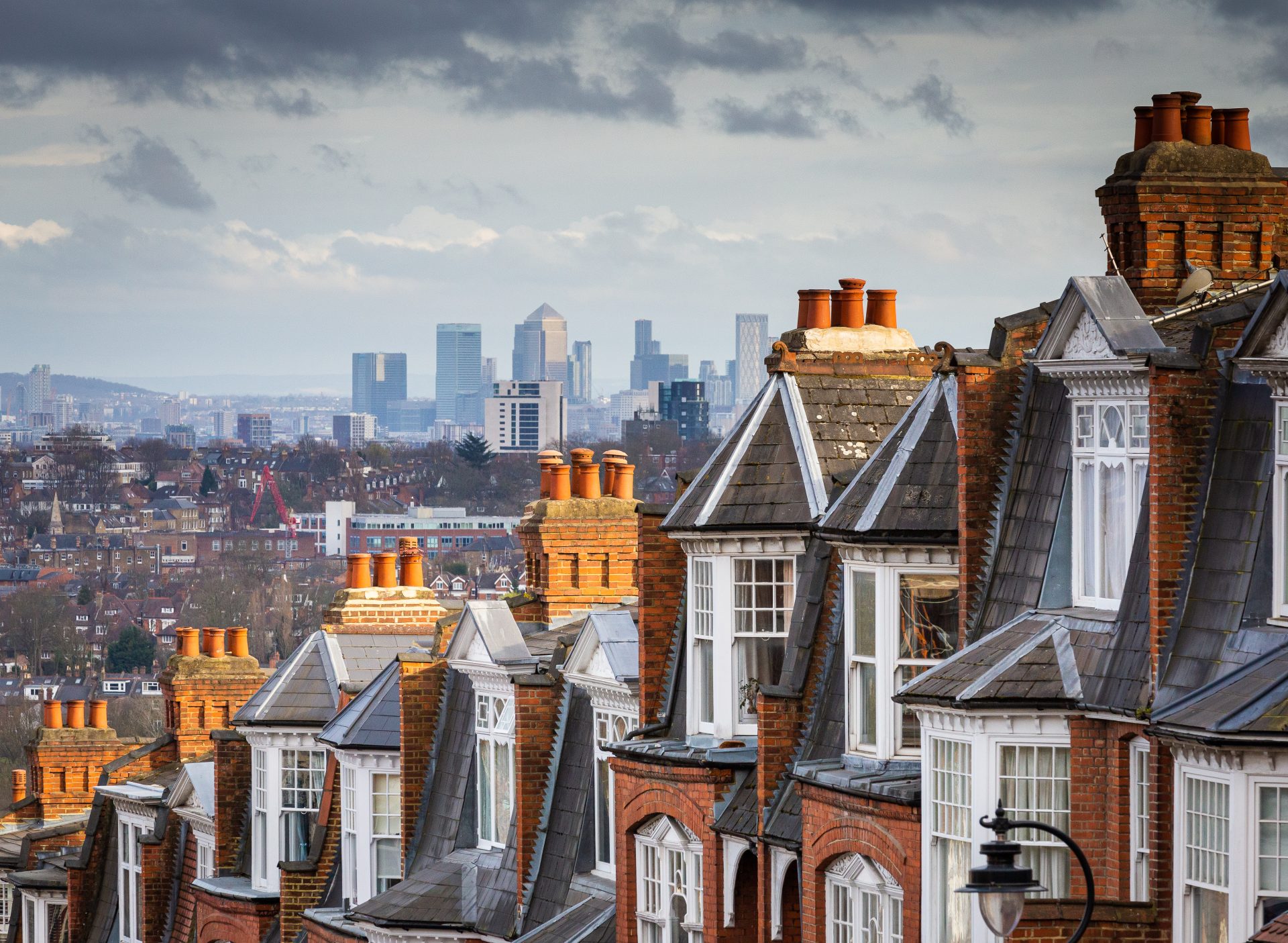Living Further Out vs. Paying More for Central London: What’s the Better Choice?

The decision to live in the heart of London or in a more affordable, commuter-friendly town is complex and personal, influenced by lifestyle priorities, budget, and work flexibility. We’ll explore the key factors impacting renters when choosing between central and suburban London, covering rent trends, commuting time, quality of life, and more.
London Rent Trends
Rents in both London and surrounding commuter areas have surged, but the disparity between inner and outer city rent prices is growing. Average rent in outer London areas now exceeds £1,300 per month, while central London averages more than double in popular districts. As prices increase, this decision becomes even more relevant for renters considering their best living arrangements in or near the capital.
Cost Comparison: Central London vs. Surrounding Areas

Average Rent Prices in Central and Outer London
- Central London: Rents average around £2,600 per month, especially in prime boroughs like Westminster and Kensington.
- Commuter Areas: Rental costs in towns like Reading and St. Albans average around £1,100–£1,500, providing affordability at the expense of longer commute times.
Which Option Saves Money?
Although rent is generally lower outside of London, other costs, like transportation and parking, add up quickly. In contrast, living in the city often results in lower transport costs due to access to central public transportation, but at the expense of paying higher rent.
Commute Considerations: Time, Cost, and Well-being

Evaluating Commute Times
Living further out means longer commutes, often up to an hour each way. This time investment can lead to fatigue over time, though some people enjoy the distance from the city’s bustle. For those in hybrid work arrangements, commuting a few days a week can make living outside the city more appealing.
Cost of Transportation
Commuting from outer London areas can add hundreds of pounds monthly to transportation costs, with rail passes and parking fees becoming major expenses. In contrast, living in central areas may allow renters to avoid these costs or at least limit them through shorter trips or use of cycling routes.
Quality of Life in Central London vs. Commuter Towns

Lifestyle in Central London
Central London offers an active, dynamic environment with abundant amenities, from restaurants and shops to cultural sites and public events. It’s an excellent choice for those who prioritize accessibility to city life, arts, and nightlife.
Benefits of Living in Commuter Towns
Outer London areas and commuter towns provide a quieter lifestyle with spacious parks, family-friendly neighborhoods, and often a greater sense of community. They’re ideal for those who value nature access, outdoor activities, and more expansive living spaces.
Housing Supply and Demand in London’s Rental Market
Demand in both inner and outer London areas has pushed rents higher, with properties in commuter areas especially competitive due to limited supply. Efforts to increase housing stock are underway, but demand is expected to keep prices elevated in the near term.
Financial Impact: Rent and Beyond

Total Cost of Living Considerations
Aside from rent, central London living tends to come with higher general living costs for groceries, dining out, and entertainment. In outer London, these daily expenses are often lower, helping offset commuting costs and making it easier to budget for personal savings or home purchases.
Prospects for Future Property Ownership
Those planning to eventually buy property might benefit from starting their search in commuter towns. Housing costs are generally lower outside the city center, so renting there can allow for greater savings toward a home purchase compared to renting at central London rates.
Social and Environmental Considerations
Social Life and Community
The active social environment of central London is a big draw for many young professionals. In contrast, commuter towns often offer a close-knit community with local events and community activities. Those with families or who seek a quieter lifestyle may find more social comfort in outer areas.
Environmental Factors
Living further out can provide better air quality and more green spaces, while reducing commute times in central London contributes to a smaller carbon footprint for many renters. Both options offer unique environmental benefits that cater to different lifestyle priorities.
Conclusion
Choosing between living in central London or further out depends on individual lifestyle, budget, and work setup. Those who prioritize city life and convenience may prefer central London, while outer areas appeal to those seeking affordability and space. Staying informed on rent trends can help guide renters to the best choice for their unique needs.


